5 Must-have Tools for Backyard Metalworking
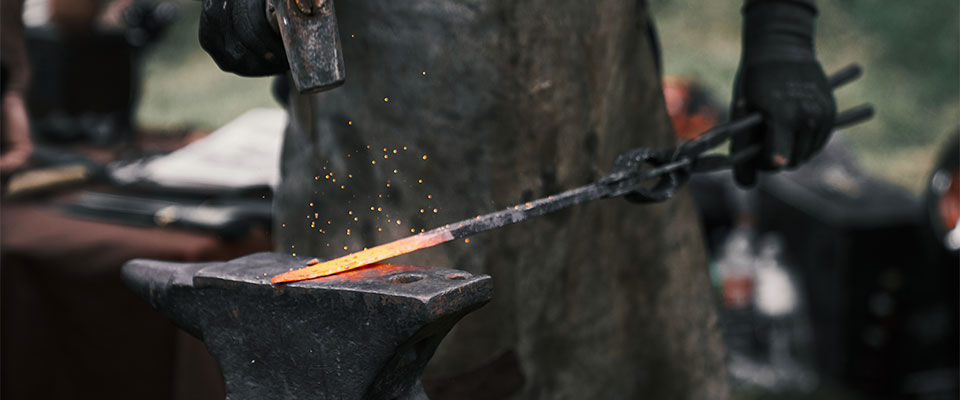
Metalworking is often seen as a strictly industrial skill that requires a lot of specialty equipment and a dedicated workspace. However, it’s easier than you think to use your backyard for some weekend metalworking without having to transform your entire garage into a full-time workshop. Yet no matter whether you plan to make knives, experiment with furniture building, or create cast iron garden decorations, you’ll need the right tools to start with. These five tools will help you try everything from tinsmithing to forging to jewelry making all in your own backyard.
A Band Saw
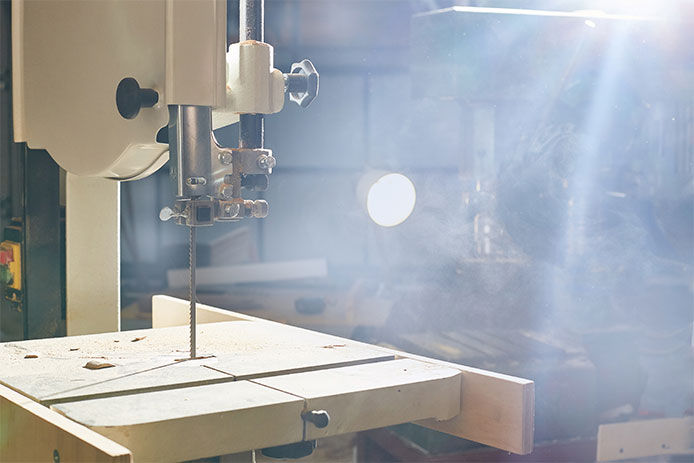
Many newcomers to metalworking attempt to pick up an inexpensive cut-off wheel or grinder to cut metal without having to buy an actual saw. A band saw may require an investment of a few hundred dollars, but it’s worth the cost because it’s much safer and more effective at cutting metal. A vertical band saw is the basic model that will do most of the work you need for decorative and functional metalworking. The same band saw will work to trim a knife’s shape out of a steel blank and cut rebar to any length you need it. Horizontal band saws are less widely used, but you may need one if you have large sheets or bars of metal to cut.
A Small- to Medium-Size Anvil
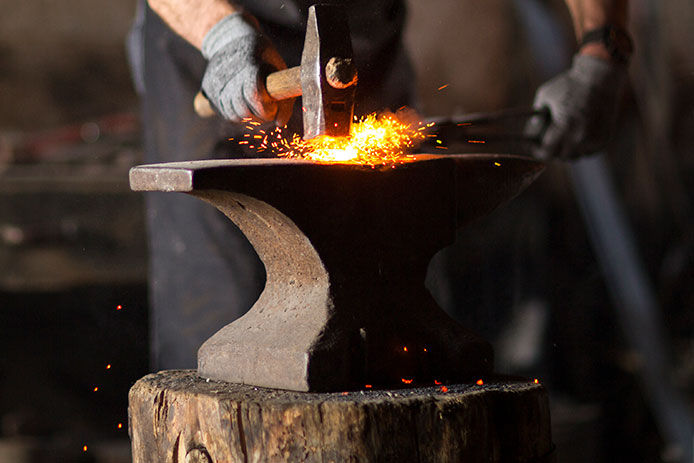
Anvils are essential for forging, but small- to medium-size models are recommended for metalworking. The flat and smooth top of an anvil is the ideal surface for burnishing, peening, hammering, smoothing, and other steps required for most metalworking disciplines. For jewelry, try a tiny jeweler’s anvil that has a horn perfectly sized for working on rings and wire-wrapped pendants. Larger anvils are useful for tinsmithing and other decorative work that requires a stable working surface.
A Grinder
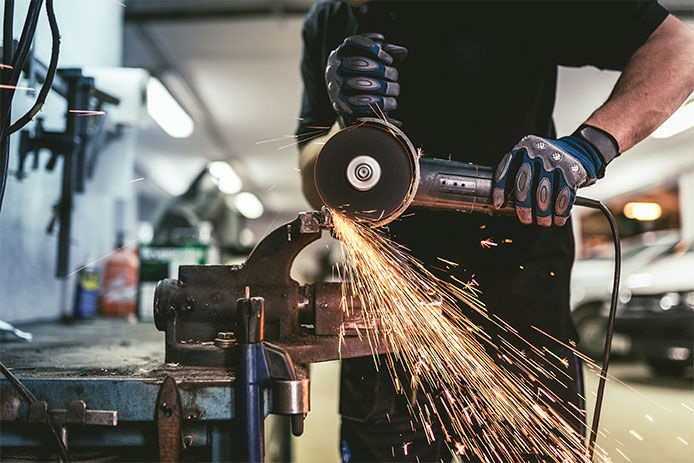
While grinders aren’t ideal for cutting metal unless you’re just trimming up edges or thin pieces, they are essential for quickly smoothing and cleaning up various metal projects. A grinder makes quick work of putting a bevel on a thick piece of knife stock or removing a channel of metal for running an electrical wire. Die grinders are useful for projects involving welding since they quickly clean up the welds for a smooth and shiny finish. Angle grinders may be a better choice for cast ironwork on a larger scale, such as gates and fences.
Belt or Bench Sander
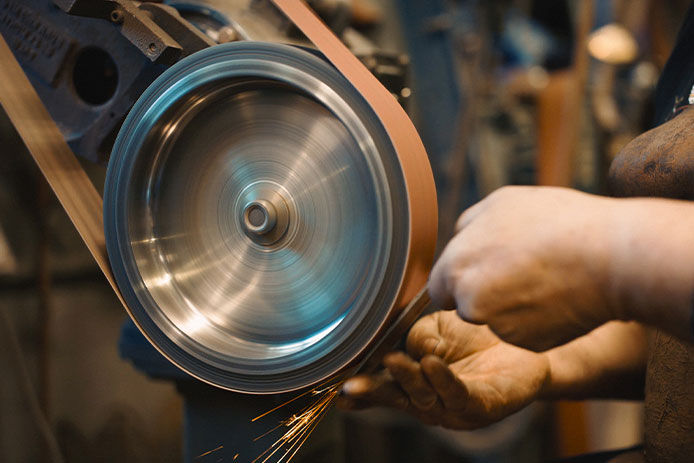
All metalworking projects generally need extensive sanding to attain the desired shiny and polished finish. Even if you’re primarily restoring metal tools or items rather than making them from scratch, you’ll need plenty of sanding equipment to remove all the rust and chips from the material. Belt sanders are the basic bench-top option for efficient and relatively safe power sanding. A bench sander will generally include a disc or multiple belts in various orientations, giving you lots of sanding opportunities. Hand sanding tools like random-orbit sanders are also useful but usually work better for large metalworking projects like car bodywork. Bench-mounted equipment works best for smaller projects.
Shears, Snips, and Nibblers
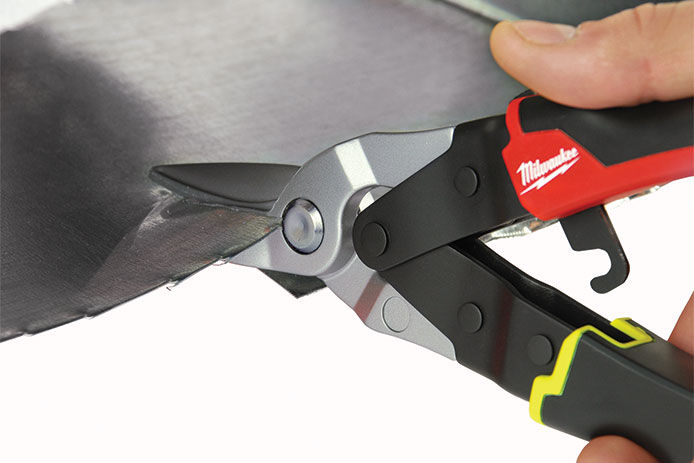
Band saws may be best for big cuts, but thin sheets of material bend or warp when cut that way. Grab a few inexpensive pairs of metal shears or tin snips for cutting thinner materials that need a little less pressure. Power nibblers are a good compromise with the strength to snap through thicker materials while being more flexible than a fixed saw blade. Don’t underestimate the clean edge left behind by a properly wielded snip or nibble, which is tricky to get even while using a hand cut-off tool.
With the right collection of tools on hand, it’s easier than you might expect to bend steel and iron to your will. Transform raw materials into beautiful and functional works of art with just a few pieces of equipment from Do It Best Hardware. As you build your skills, you’ll find the more advanced tools you’ll need also in stock at our stores.
While do-it-yourself projects can be fun and fulfilling, there is always a potential for personal injury or property damage. We strongly suggest that any project beyond your abilities be left to licensed professional such as electricians, plumbers, and carpenters. Any action you take upon the information on this website is strictly at your own risk, and we assume no responsibility or liability for the contents of this article.